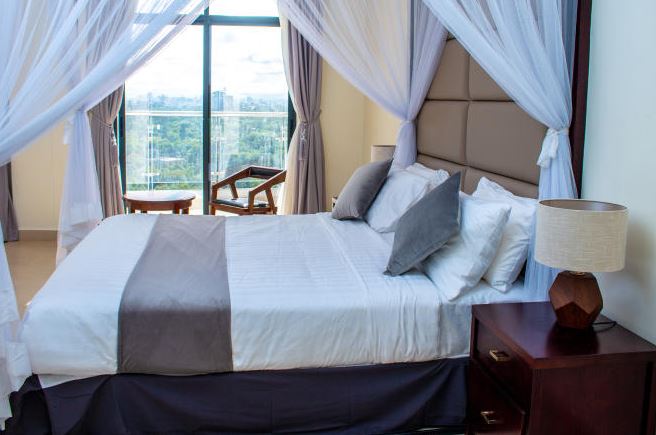×
The Standard e-Paper
Home To Bold Columnists

Holidaymakers are increasingly shunning the traditional way of looking up hotels for accommodation whenever they want to travel the world.
Instead, many people now look for residential property that rents out on a short-term basis to travellers.